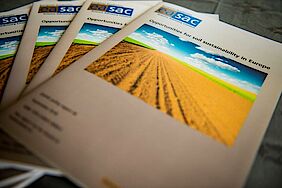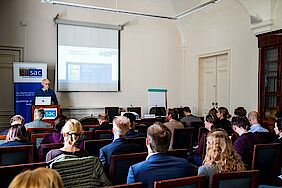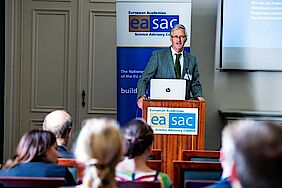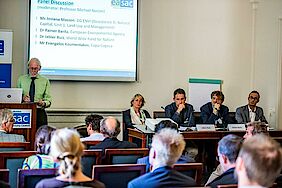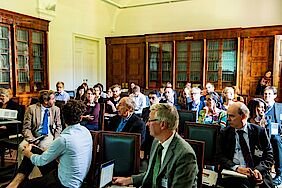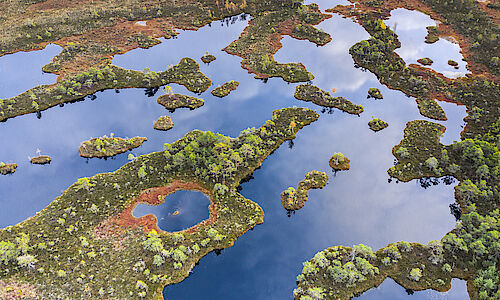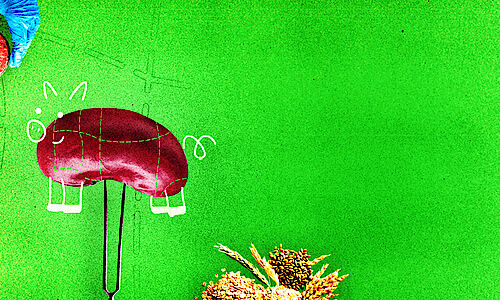News & Academies' activities
Latest EASAC report on "Soil Sustainability" publicly launched
On 26 September 2018 EASAC has launched its latest report on "Soil Sustainability" at the Palais des Académies in Brussels. Project Leader Professor Wim van der Putten and the Director of the EASAC Environment Programme Professor Michael Norton presented the key results of the report and respective implications for EU policy.
These presentations highlighted the interdependencies of problems around soil. A loss of land leads to a loss of production, which increases imports, finally increasing deforestation and dryland overuse. In the next reform of the CAP (post 2021) recent research should be applied in order to facilitate agriculture to adapt to and mitigate climate change, while improving soil sustainability and biodiversity. Moreover, the EU, national agencies and local authorities should provide a supportive policy environment for a soil awareness and education strategy to show the ways in which soils contribute to human well-being. The complete set of recommendations can be found here. The process and results of the study can be found here.
During the panel discussion panel members highlighted the obstacles of farmers to actually take on the sustainability agenda that is demanded by experts. The crucial challenge for policy-makers is precisely to turn policy demands into adoptable form by farmers. As a critical aspect the access to suitable data in soil science was discussed. While the report points to a lack of engagement on behalf of the European Commission, a representative of DG AGRI highlighted the Commission's effort by providing funding for research to gather data for measuring the status and the development of Europe's soil. The next funding period covered by Horizon Europe will support various projects on that topic.
Finally, the important distinction between soil loss and soil degradation was highlighted. While it is not possible to renew lost soil in our lifetime, degradated soil can be treated in a way that it increases its productivity. Hence, efforts are needed to both tackle the increasing degradation of soils and stop erosion, each in their own manner.
back to overview
